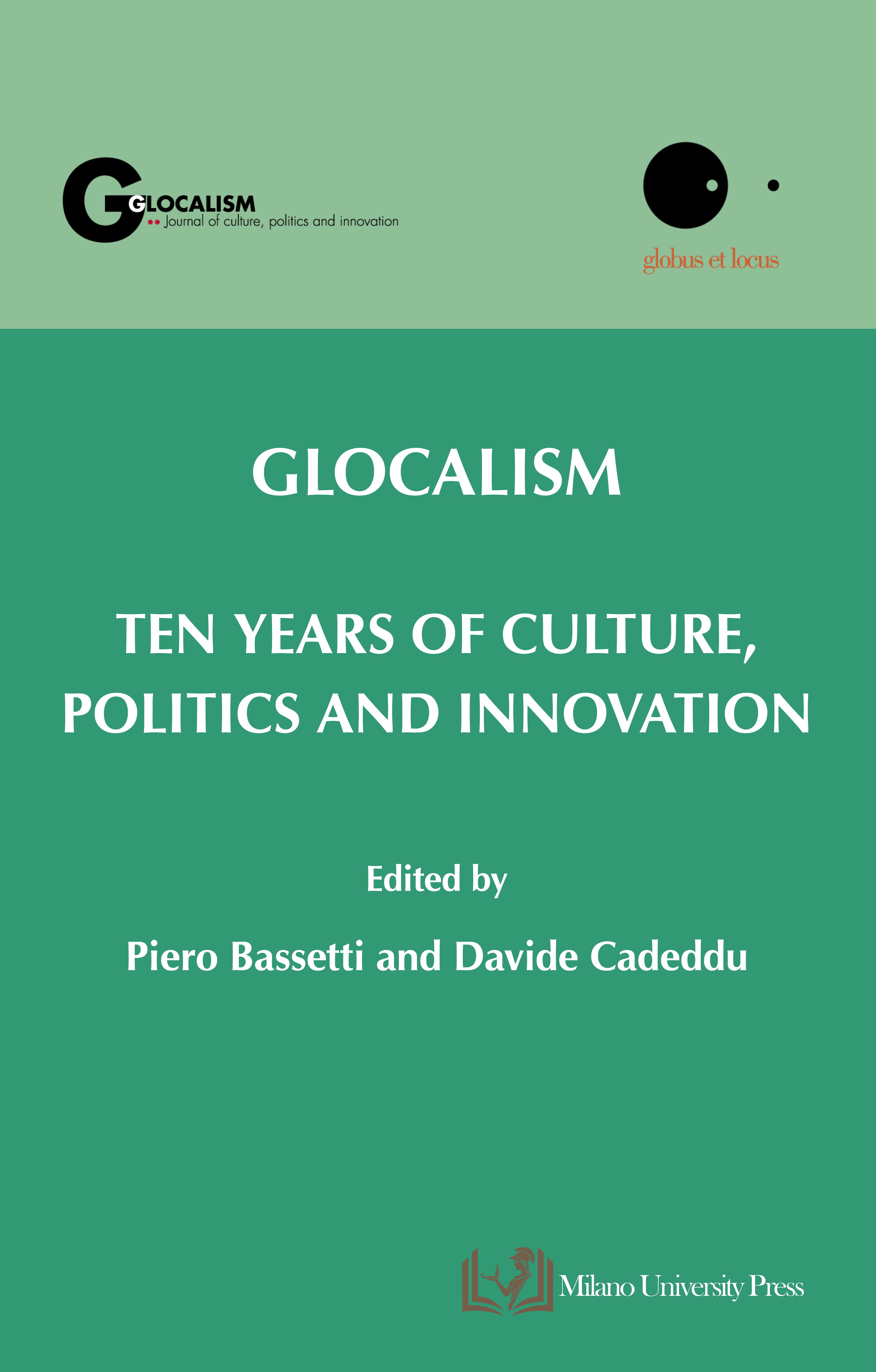Porous Territories: the Internet beyond Borderless versus Balkanized
DOI:
https://doi.org/10.12893/gjcpi.2020.1.3Keywords:
territory, fragmentation, balkanization, internet, ChinaAbstract
If the internet was once viewed as a borderless realm, critics now warn it is in danger of being “balkanized”, splintering into nationalized fragments. Certainly nation-states increasingly see the Internet as “their” internet, a national space to be regulated and actively shaped. The first half of this article charts the technologies that appear to place this vision within reach: data localization, internet shutdowns, and internet filtering. These moves promise to exert sovereign control, to make the internet an extension of national territory. Yet by drawing on two recent events in China, this article argues that these territories are messy and their borders are permeable. Pro-government activists jump across the firewall in order to attack individuals and organizations who threaten the stability and security of their motherland. Simultaneously, individuals scale the firewall in order to question the party line and express solidarity with democratic movements, undermining the political and technical boundaries established by their nation. Internet architectures create a condition where territorialization is constantly being both amplified and undermined by “extra- territorial” activities. These practices demonstrate the everyday porosity of internet territories, providing a messier portrait that goes beyond the dichotomy of borderless vs balkanized.
Downloads

Downloads
Published
How to Cite
Issue
Section
License

This work is licensed under a Creative Commons Attribution-ShareAlike 4.0 International License.











